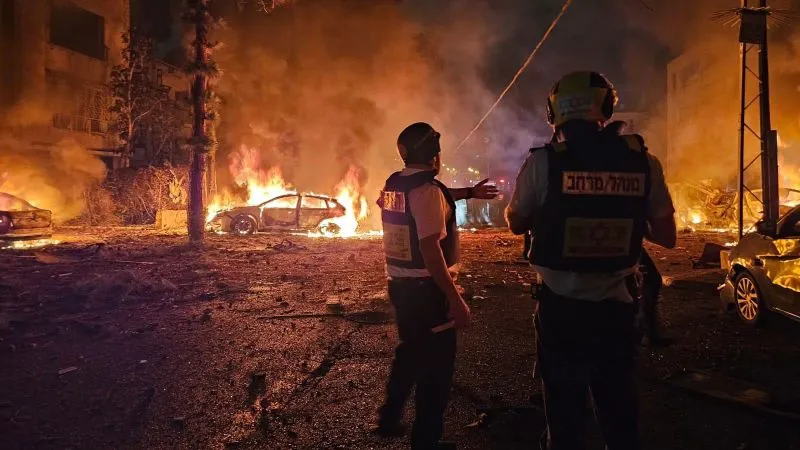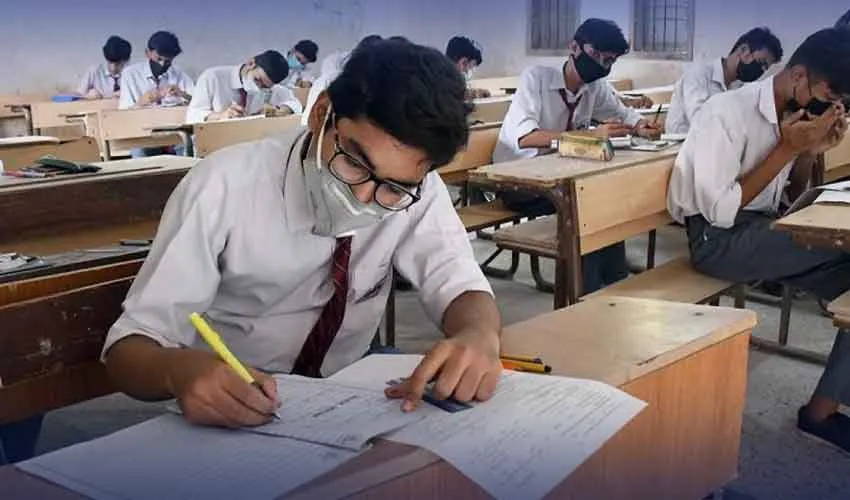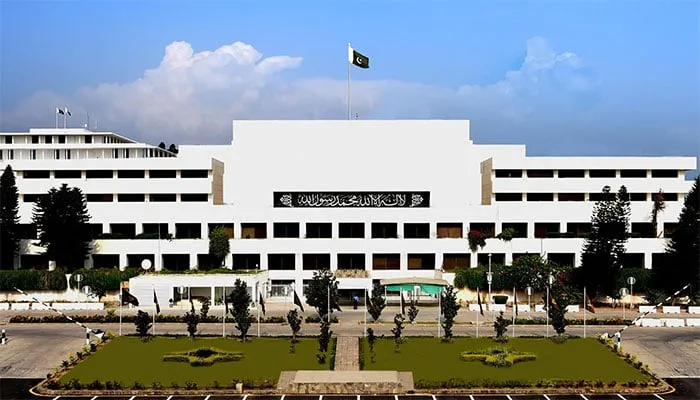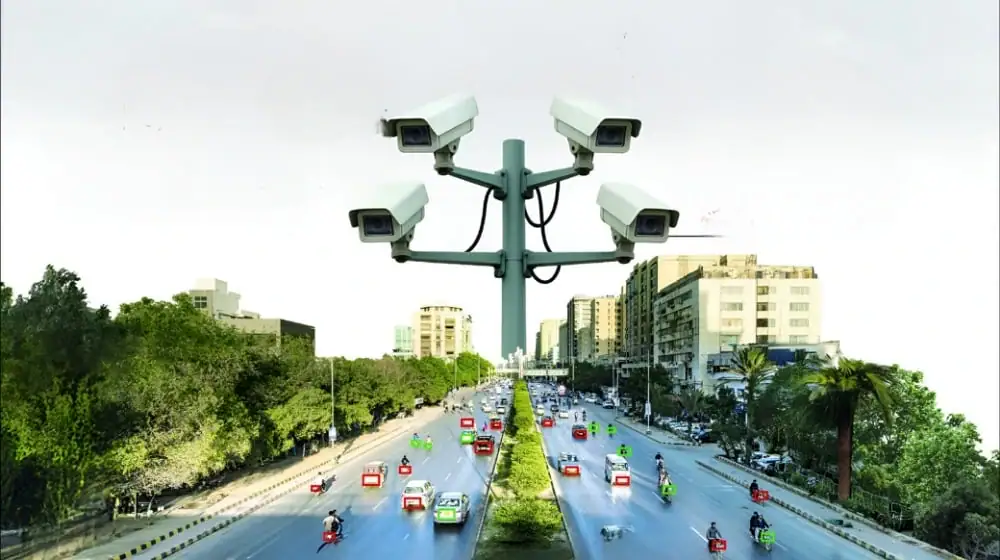The Middle East finds itself plunged deeper into a direct military confrontation as Iran unleashed a new wave of missile attacks on Israel early Monday morning. This latest barrage, which triggered widespread air raid sirens across the country, has tragically resulted in at least three fatalities and dozens more wounded, marking the fourth consecutive day of open warfare between the long-standing regional adversaries.
The pre-dawn hours in Israel were shattered by the piercing wail of air raid sirens, a now grimly familiar sound for residents. Shortly after, powerful explosions reverberated across Tel Aviv, likely a testament to Israel’s sophisticated defense systems intercepting incoming Iranian missiles. Plumes of black smoke billowed into the dawn sky over the coastal city, painting a stark picture of the ongoing aerial conflict.
Authorities in Petah Tikva, a central Israeli city located near Tel Aviv, confirmed a direct hit on a residential building. Eyewitness accounts and initial assessments revealed charred concrete walls, blown-out windows, and severe damage to multiple apartments within the structure. The Israeli Magen David Adom emergency service, the nation’s primary medical and rescue organization, confirmed the grim toll: two women and one man, all in their 70s, were killed in this latest wave of missile attacks. These tragic deaths occurred as missiles struck four distinct sites across central Israel, pushing the total death toll in Israel to at least 17 since Iran began its retaliatory missile launches last Friday.
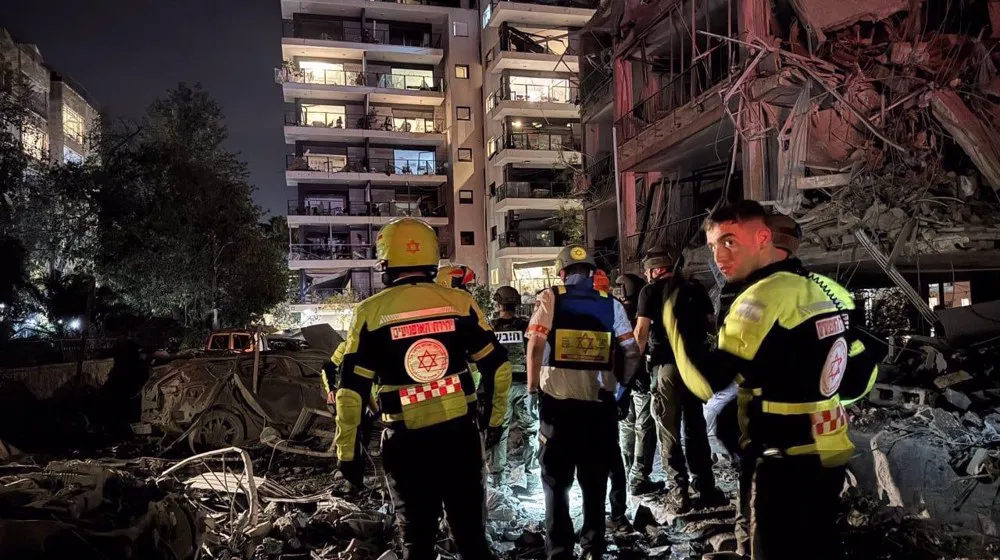
Tehran Vows Further Retaliation as Conflict Deepens
Iran has openly claimed responsibility for the latest offensive, announcing it had launched approximately 100 missiles. Tehran’s actions are a direct and stern response to what it describes as a “surprise attack” on its nuclear program and military leadership initiated by Israel last Friday. This escalating cycle of violence underscores Iran’s unwavering resolve to retaliate for the sweeping Israeli attacks on its critical military and nuclear infrastructure.
The current escalation began with “Operation Rising Lion,” Israel’s large-scale offensive launched on Friday, June 13, 2026. This operation reportedly targeted over a dozen strategic locations within Iran, including key nuclear sites like Natanz and various military bases. Iranian officials have stated that these initial Israeli strikes resulted in a significant loss of life, with at least 224 fatalities, including a substantial number of civilians. The Iranian Foreign Ministry has also accused Israel of deliberately targeting civilian infrastructure, a claim vehemently denied by Israel, further exacerbating the diplomatic chasm between the two nations.
In response to Israel’s initial attacks, Iran initiated its first wave of ballistic missile and drone assaults later that same Friday, followed by subsequent barrages that have intensified with each passing day. The sheer volume and precision of these Iranian attacks represent an unprecedented direct military challenge to Israel from a state actor, moving beyond the long-standing use of proxy forces. While Israel’s Iron Dome and other advanced aerial defense systems have successfully intercepted a large percentage of incoming projectiles, some have regrettably pierced through, leading to the reported casualties and damage.
International Alarm and Calls for De-escalation Intensify
The deepening conflict continues to spark alarm across the globe, with urgent calls for de-escalation echoing from nearly every international capital. The prospect of a full-blown regional war with devastating humanitarian and economic consequences remains a pressing concern.
International bodies and individual nations are actively engaged in diplomatic efforts, albeit with limited success so far. The United Nations Secretary-General has repeatedly urged both sides to exercise maximum restraint, emphasizing that the volatile Middle East simply “cannot afford a wider conflict.” European Union foreign ministers are reportedly scheduled to hold an emergency meeting to discuss the crisis and coordinate a unified diplomatic approach aimed at de-escalation.
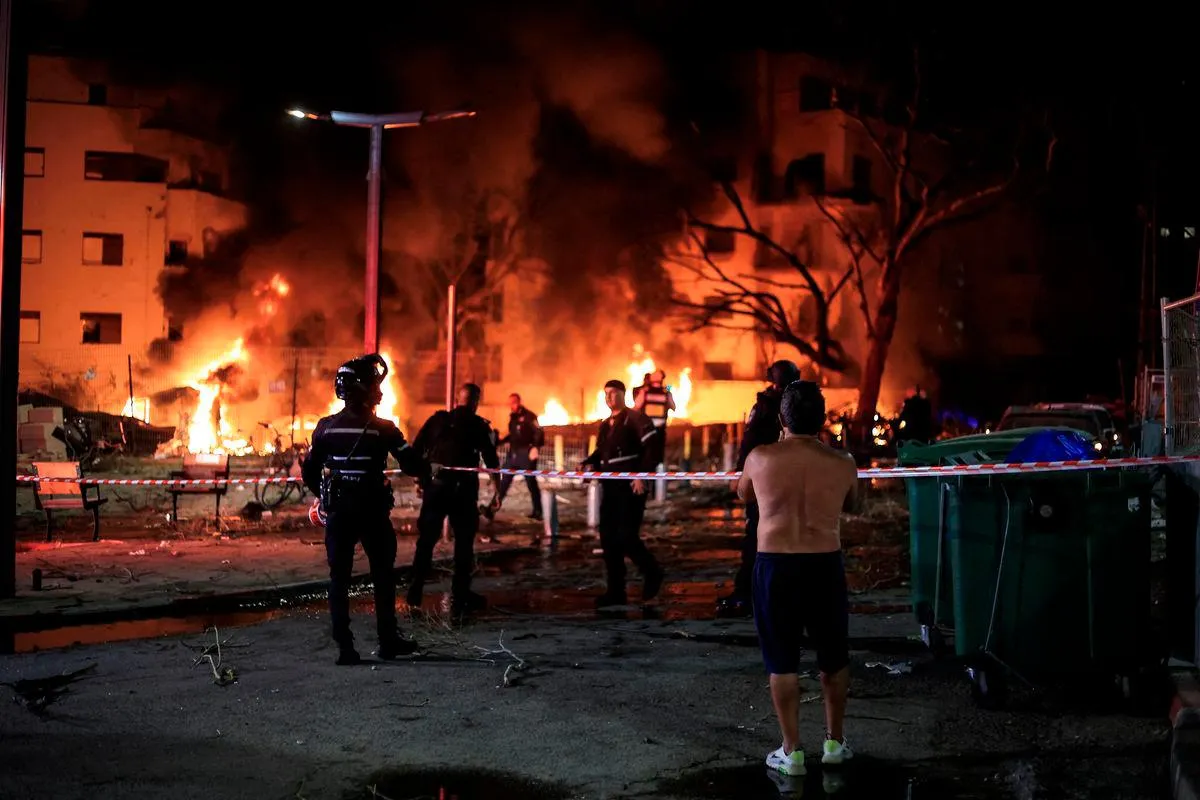
Meanwhile, the U.S. which is a powerful ally of Israel has put forward once again its full support for Israel’s defense and at the same time that President Donald Trump recognizes Israel’s right to defend itself he has at the same time brought up the issue that Iran and Israel may have to “fight it out” before we see a resolution which he still is for a negotiated settlement. Additionally, other players in the region and around the world are getting involved. For example, Turkey, under President Recep Tayyip Erdogan, is making high-level calls to leaders to stress the importance of immediate de-escalation.
As we pass into the fourth day of the conflict the cycle of retaliation shows no sign of letting up. Israel and Iran are still standing firm in their positions which has the former’s Foreign Minister to say that Iran’s response is a direct reaction to Israel’s aggression and will only stop once that comes to a halt. The world is on edge as we watch what each side will do, aware that which move is made next may change the course of a very stable area that is at the heart of the world’s politics. The global community will be put to the test in the days to come to pull these enemies back from the precipice of an even larger-scale crisis.



